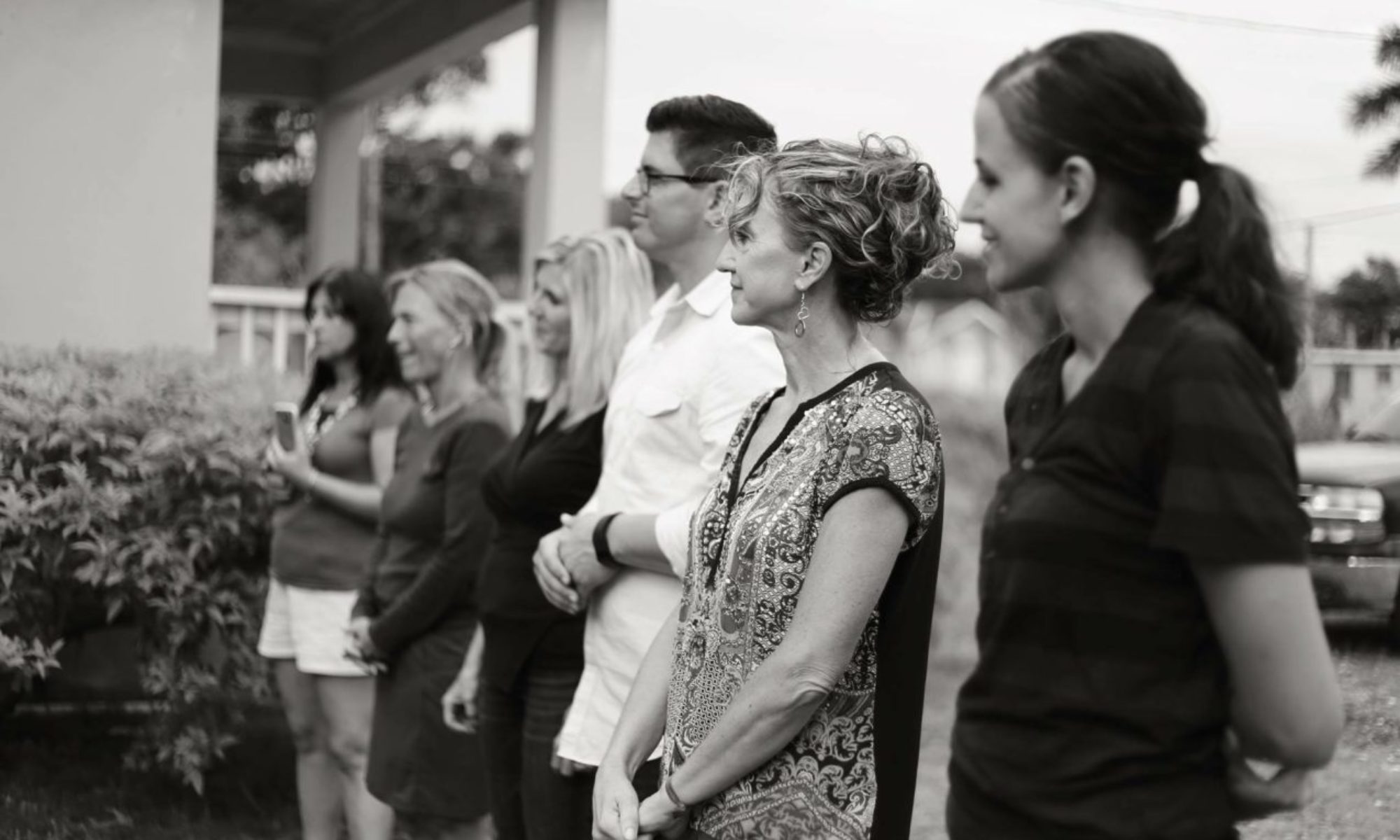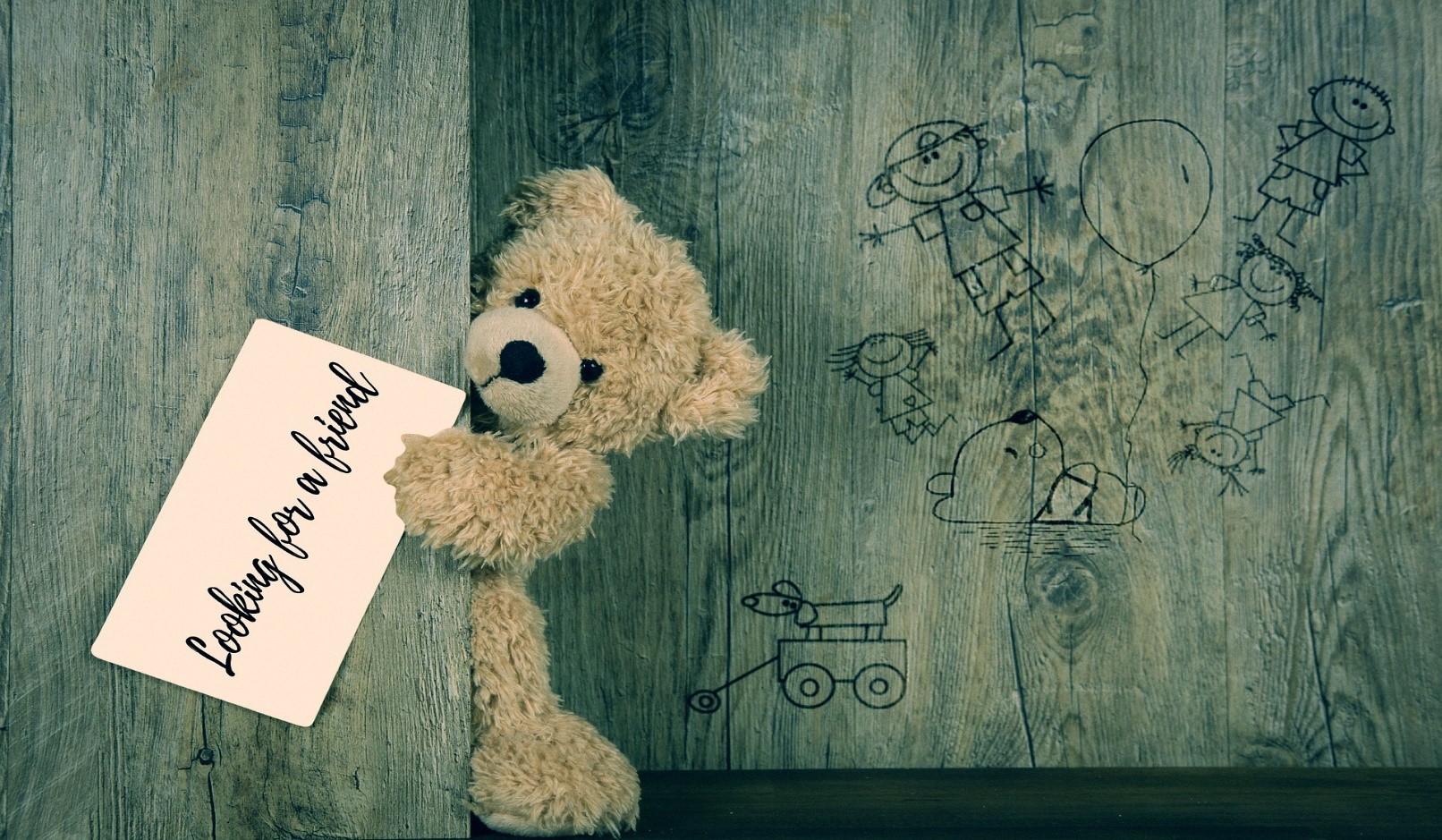Once upon a time, there was a group of 50 people attending a seminar. Suddenly the speaker stopped and decided to do a group activity. He gave each attendee one balloon. Each person was asked to write his/her name on it using a marker pen. Then all the balloons were collected and put into another room.
They were then let into that room and asked to find their balloon within 5 minutes. Everyone was frantically searching for their name, colliding with each other, and pushing others around in utter chaos; and at the end of the 5 minutes, no one had found their own balloon. Then, each individual was asked to randomly collect a balloon and give it to the person whose name was written on it. Within minutes everyone had their own balloon.
The speaker then began, “This is happening in our lives. Everyone is frantically looking for happiness all around, not knowing where it is. Our happiness, he said, lies in the happiness of other people. Give them their happiness; you will get your own happiness. And this is the purpose of human life…the pursuit of happiness.”
In this story, we see that any one individual could not complete the task alone; they indeed needed the assistance of another. In our stubbornness, we can be quite adamant in our determination to accomplish life’s challenges on an individual basis. After all, if we go it alone and succeed, we gain all the accolades. However, life requires balance and social interaction is critical for mental and physical wellness. We each are born into a society that provides structure to our lives as it helps us to navigate the world and shape our personal identities. In that societal environment, we can find strength from collaboration in the face of adversity. And in that respect, perhaps pleasure and meaning can be found by valuing people more than things.
Another caveat of the story is the premise that by doing things for others to make them happy, we improve our emotional outcome. By giving to others, we give to ourselves, allowing the beauty of life to return, full circle.
In the World Happiness Report, the magnitude of social support experienced was listed as a key indicator to happiness. A Harvard Study looked at the correlation between happiness and the healthiness of our relationships. “The surprising finding is that our relationships and how happy we are in our relationships has a powerful influence on our health,” said Robert Waldinger, director of the study, a psychiatrist at Massachusetts General Hospital and a professor of psychiatry at Harvard Medical School. “Taking care of your body is important, but tending to your relationships is a form of self-care too. That, I think, is the revelation.”
Tips to help with your relationship cultivation:
Be authentic: Authenticity is about being true to yourself and behaving as the ‘true you’ in any and all circumstance. When you can be yourself and love who you are, you will draw in others that align with who you are, those who can bring depth to your presence and a coalition to your dreams and activities. When you engage in those dreams and activities with likeminded souls, joy enfolds.
Act with integrity: Integrity is a bit like ISO 9000 requirements, which involves saying what you’re going to do, then doing what you say. Integrity involves telling the truth, even when it’s ugly, and doing the right thing, even when it’s hard. When someone lacks integrity, they appear dishonest and untrustworthy. Aim to live in accordance to your deepest values, to be honest with everyone, and to always keep your word.
Be reliable: Be that person that can be counted on when the need arises, to consistently show up for others. If you behave in an unreliable manner, you basically make yourself disposable. Reliability creates stability in a relationship, it creates a structure that enhances trust and endurance. When your friends know that they can rely on you, you provide them calm assurance and a window into your other endearing traits.
Practice healthy communication: How we communicate with others can provide a framework for safe and healthy perspectives. Conversing in a healthy manner leads to clarity and greater empathy of each person’s feelings. Your non-verbal communication, or body language, can provide even more insight into how you’re feeling, perhaps more than words ever could. Be open and honest about your feelings and if things do escalate, always fight fair.
Be available: Being both physically and emotionally available is key to relationship longevity. Be willing to set aside time to spend with that special person and when you are with them, also be emotionally present. Be open with your thoughts and feelings and take time to listen to their questions, comments, and words of wisdom. Engage in meaningful activities while allowing creativity and adventure to flow.
Be willing to say you’re sorry and to forgive. We cannot and should not operate on an island. We were meant to interact with others, which can sometimes lead to conflict. Seek a mutual resolution when possible. If you are at fault, claim it. If they are at fault, forgive them. Seek to understand first, do not make assumptions, and give them the benefit of the doubt. When we make unhealthy assumptions, we create potential unnecessary angst and turbulence. Since we have not walked in the footsteps of others, judgment should be withheld.
Now I’d like to warn you of a pitfall with regards to the cultivation of relationships, and that is the expectation that someone else needs to make you happy. Yes, it’s true that meaningful relationships improve feelings of wellness, however, ultimately, happiness is an inside job. Depending on someone else to make you happy is giving up your power. If you give them the power to make you happy, you also give them the power to make you unhappy. You, and only you, are responsible for your joy. Don’t require someone else to fulfill that requirement. The reverse can also be emphasized. Don’t hold yourself responsible for someone else’s happiness. This mentality can keep you involved in a harmful relationship, simply because you do not want to disturb or disappoint the other. A healthy relationship does not put the burden of feeling happy on someone else. You do you first, making sure that your relationship with you is your first and foremost priority.
Relationships of all sorts, including those with pets, are a wonderful opportunity to experience great joy. We can laugh alone, but it doesn’t stir the soul like a hearty laughter with friends. Relationships provide love, safety, a sense of security, and that feel good hormone oxytocin. We can meander the storms alone, or dance in the rain with those we love. If you are feeling especially lonely, take the horse by the reins. Someone else may be feeling the same. There are various ways to seek out friendships. The internet provides great opportunities to join with other groups. There are Facebook groups, Meetup groups, and even Nextdoor groups. There are book clubs, sporting events, and churches. Consider a class in something you would love to learn. Set an intention to not only cherish the relationships you currently have, but to expand your territory into new ones.
“You will know a good friend when you are intoxicated with each other’s company because everything becomes good in the world.” ~Donald Pillai


